Related Topics
Timing Tariff Modulations
We delve into the fascinating world of time modulation, discussing recent advancements in capacitor technology.
Holy Static Hazard Batman!
Parker and Stephen discuss a recent article exploring how electrostatic discharge damage isn’t the only kind of static hazard digital designs can face.
Captured Pads
Parker & Stephen dive into Circuit Break Discourse, LT3073 regulator, Weldestroyer updates, Box Truk progress, and more!
Other Resources
Circuit Break Podcast
Webinars
Videos
Tour MacroFab's ITAR-Compliant Facility
February 1, 2018, Episode #105
- Stephen
- Community Dice
- What’s the highest frequency signal a home gamer can generate? (square and sin waves?)
- Raspberry Pi Compute Module Motherboard
- Continuation from the Compute Module board from last year
- Added the PCM5122 audio DAC
- Learning about USB HUB design
- TUSB2046B
- TPS2044 for overcurrent protection
- Only rated for 500mA
- USB spec says only 120uF cap per hub required but 100uF per port is recommended with low ESR
- USB DM/DP signals require around 227-ohmtermination resistors
- Optional filter of 22pF recommended for EMI suppression
- This creates a “low pass” filter with a cut off of 267.9 MHz
- 12M bit/sec full Speed USB 12MHz, well under this cut off
- Rapid Fire Opinion (R.F.O.)
- Mouser now Authorized Distributor for Espressif
- They make the ESP8266 Wifi stuff
- FPGA Dev boards
- Arrows $30 FPGA Board
- Altera MAX 10
- Built in USB programming
- TinyFPGA Lattice
- $12 but requires a $9 programmer
- Arrows $30 FPGA Board
- Mouser now Authorized Distributor for Espressif
- MacroFab is Hiring!
Visit our Slack Channel and join the conversation in between episodes!
If you have a cool idea, project or topic that you want Stephen and me to discuss, tweet at us @MacroFab or email us.
If you are not subscribed to the podcast yet, click that subscribe button. That way you get the latest MEP episode right when it releases. And please review us, wherever you listen (PodcastAddict, iTunes), it helps this show stay visible and helps new listeners find us.
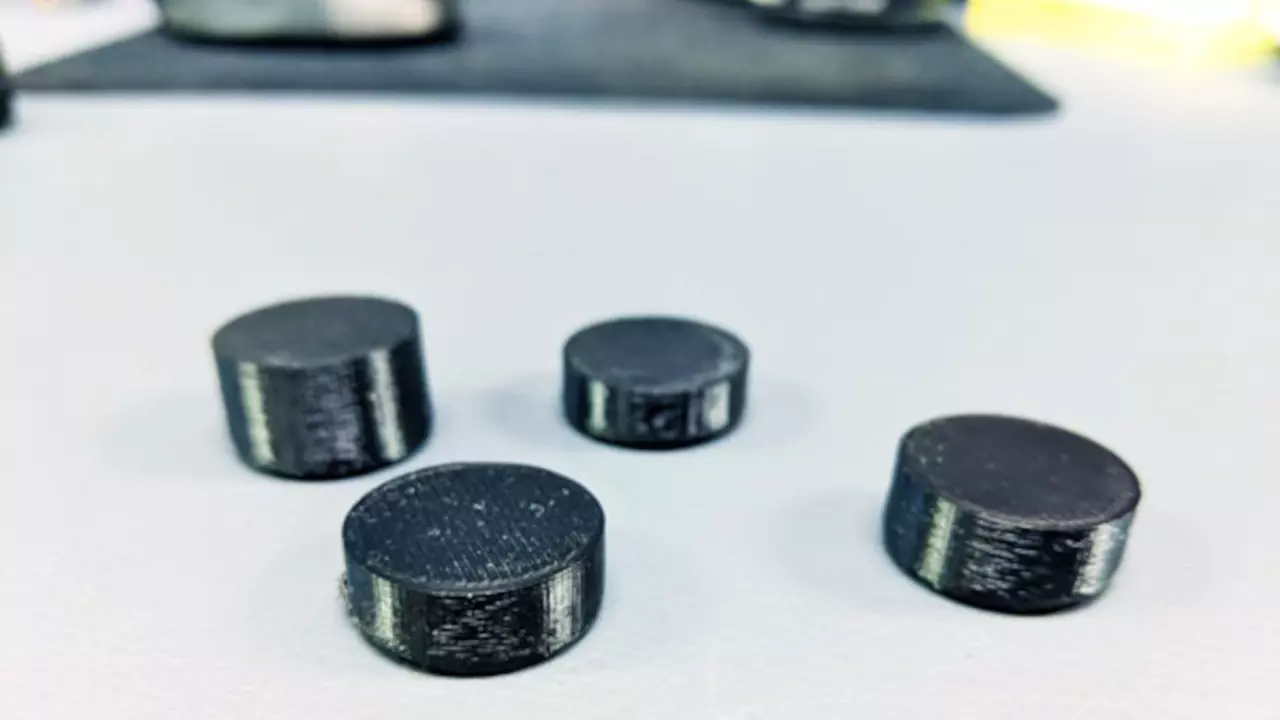
Parker printed some 3-sided coins
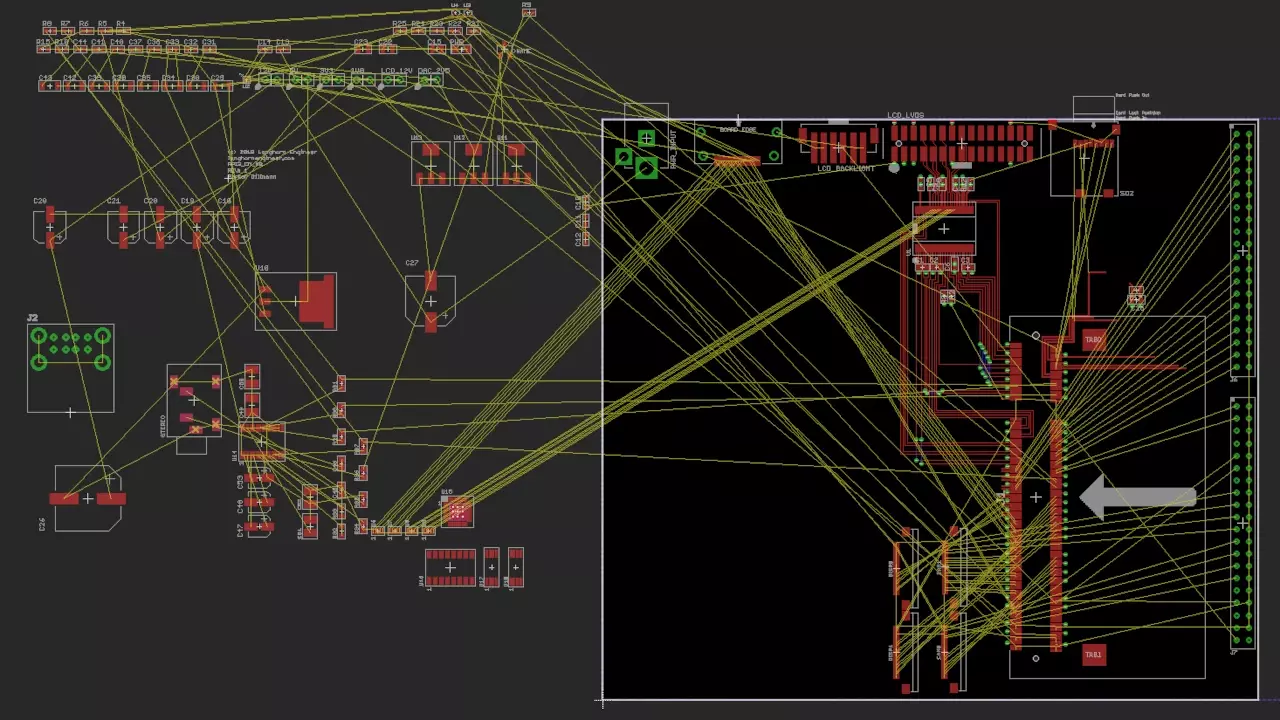
The Raspberry PI 3 Compute Module motherboard Parker is working on. Still lots of parts to add!
About the Hosts

Parker Dillmann
Parker is an Electrical Engineer with backgrounds in Embedded System Design and Digital Signal Processing. He got his start in 2005 by hacking Nintendo consoles into portable gaming units. The following year he designed and produced an Atari 2600 video mod to allow the Atari to display a crisp, RF fuzz free picture on newer TVs. Over a thousand Atari video mods where produced by Parker from 2006 to 2011 and the mod is still made by other enthusiasts in the Atari community.
In 2006, Parker enrolled at The University of Texas at Austin as a Petroleum Engineer. After realizing electronics was his passion he switched majors in 2007 to Electrical and Computer Engineering. Following his previous background in making the Atari 2600 video mod, Parker decided to take more board layout classes and circuit design classes. Other areas of study include robotics, microcontroller theory and design, FPGA development with VHDL and Verilog, and image and signal processing with DSPs. In 2010, Parker won a Ti sponsored Launchpad programming and design contest that was held by the IEEE CS chapter at the University. Parker graduated with a BS in Electrical and Computer Engineering in the Spring of 2012.
In the Summer of 2012, Parker was hired on as an Electrical Engineer at Dynamic Perception to design and prototype new electronic products. Here, Parker learned about full product development cycles and honed his board layout skills. Seeing the difficulties in managing operations and FCC/CE compliance testing, Parker thought there had to be a better way for small electronic companies to get their product out in customer's hands.
Parker also runs the blog, longhornengineer.com, where he posts his personal projects, technical guides, and appnotes about board layout design and components.

Stephen Kraig
Stephen Kraig is a component engineer working in the aerospace industry. He has applied his electrical engineering knowledge in a variety of contexts previously, including oil and gas, contract manufacturing, audio electronic repair, and synthesizer design. A graduate of Texas A&M, Stephen has lived his adult life in the Houston, TX, and Denver, CO, areas.
Stephen has never said no to a project. From building guitar amps (starting when he was 17) to designing and building his own CNC table to fine-tuning the mineral composition of the water he uses to brew beer, he thrives on testing, experimentation, and problem-solving. Tune into the podcast to learn more about the wacky stuff Stephen gets up to.
Special thanks to whixr over at Tymkrs for the intro and outro!
Related Podcasts
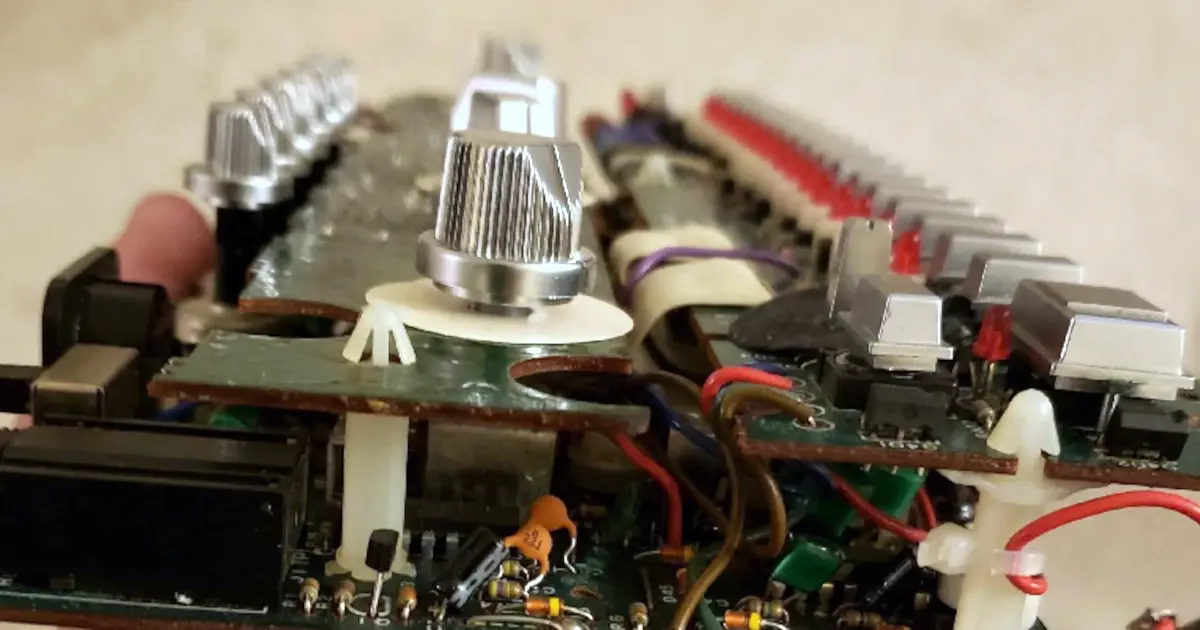
Kicking Troglodytes Off The Stage
PCB serial numbering? Parker and Stephen cover their thoughts on applying a unique identifier to PCBs in production for inventory and testing control.
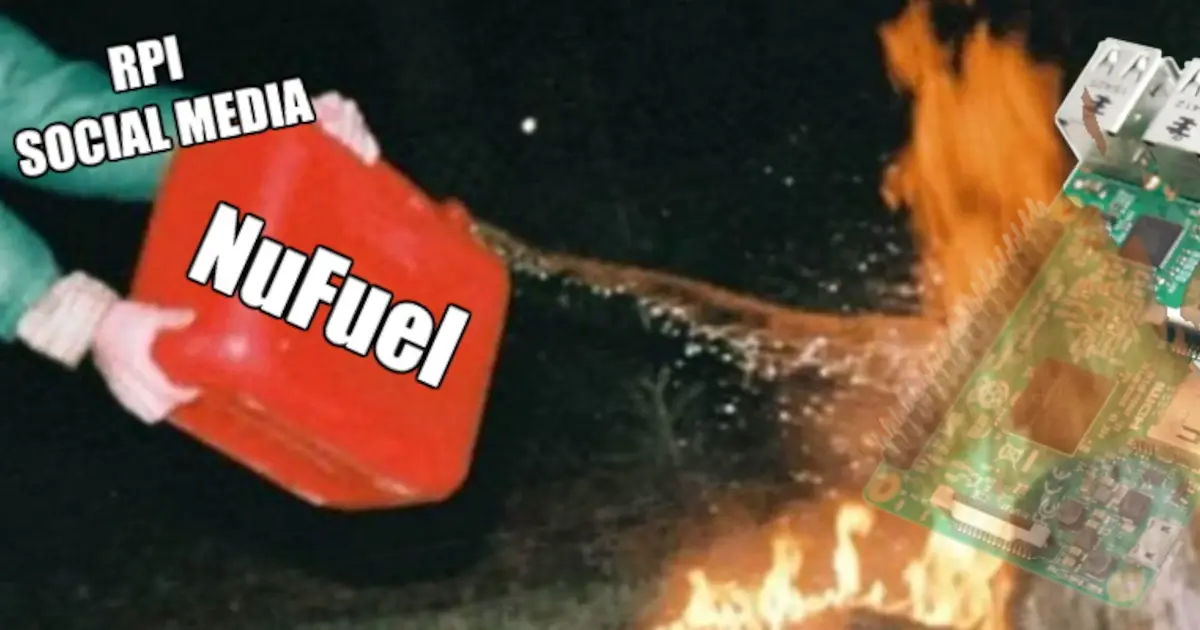
The Social Media Nightmare
This week's topics are: Porsche's Synthetic Gasoline, Record Chip Manufacturing Sales for the year 2022, and the Raspberry_Pi Social Media Firestorm.

Timing Tariff Modulations
We delve into the fascinating world of time modulation, discussing recent advancements in capacitor technology.

Duke Nukem v. Parker, Raspberry Pi 5, Weldestroyer!
Parker’s charity work, in which he plays video games like Duke Nukem. Plus, deep dive into the Raspberry Pi 5 and Stephen updates about Weldestroyer 3000.
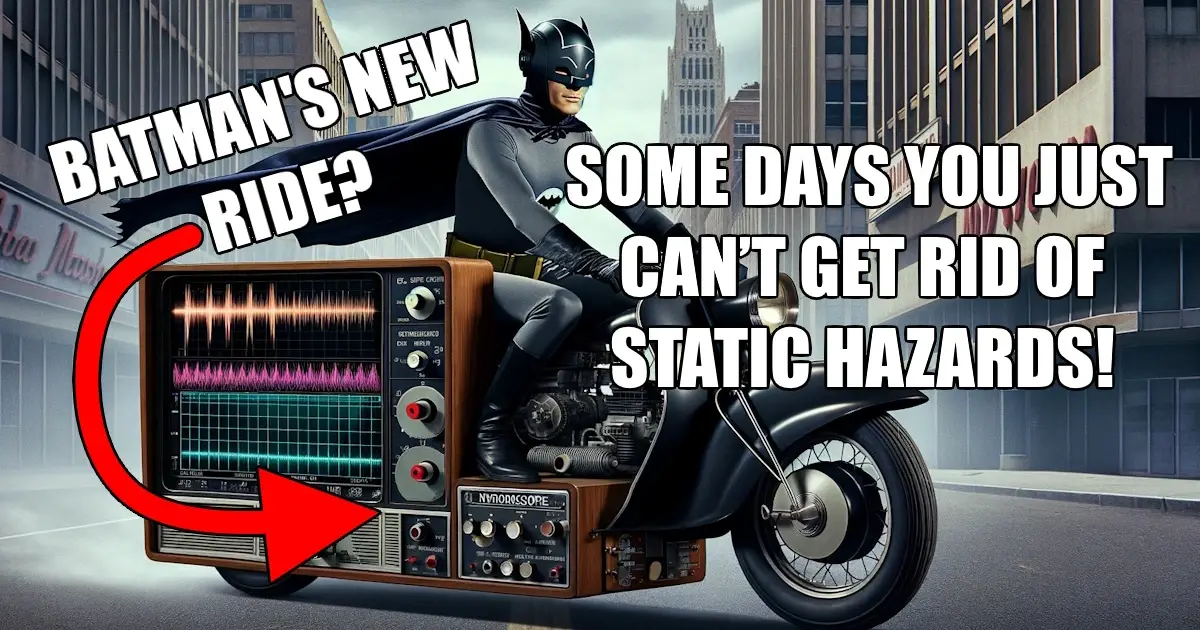
Holy Static Hazard Batman!
Parker and Stephen discuss a recent article exploring how electrostatic discharge damage isn’t the only kind of static hazard digital designs can face.
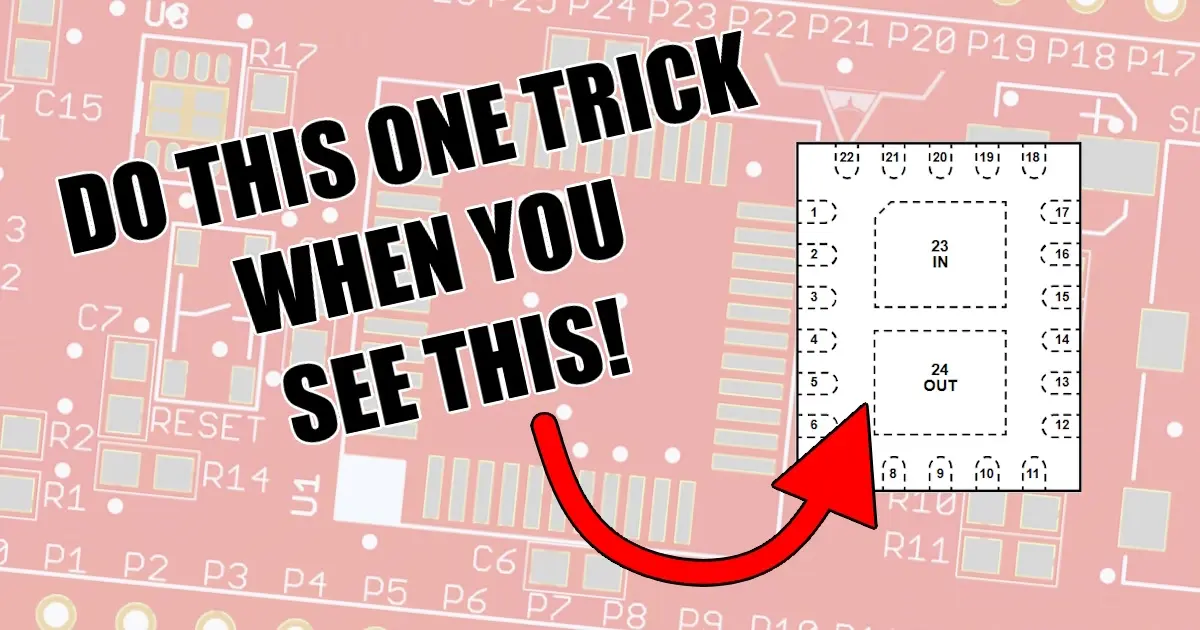
Captured Pads
Parker & Stephen dive into Circuit Break Discourse, LT3073 regulator, Weldestroyer updates, Box Truk progress, and more!
About MacroFab
MacroFab offers comprehensive manufacturing solutions, from your smallest prototyping orders to your largest production needs. Our factory network locations are strategically located across North America, ensuring that we have the flexibility to provide capacity when and where you need it most.
Experience the future of EMS manufacturing with our state-of-the-art technology platform and cutting-edge digital supply chain solutions. At MacroFab, we ensure that your electronics are produced faster, more efficiently, and with fewer logistic problems than ever before.
Take advantage of AI-enabled sourcing opportunities and employ expert teams who are connected through a user-friendly technology platform. Discover how streamlined electronics manufacturing can benefit your business by contacting us today.